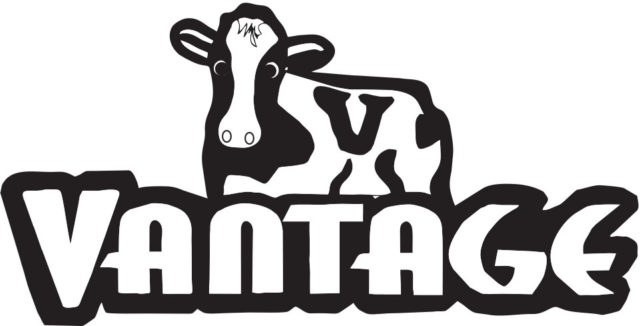It’s a typical spring evening. Dusk is passed, and the deep, dark black of night envelops me and my pickup. The only sound I hear is the gentle hum of my tires on the asphalt. Then out of nowhere, here it comes.
Red light … blue light … red light … blue light.
And here we go again, with an all-too-familiar traffic stop. I pull off the side of the road, roll my window down and place my hands on the steering wheel where the police officer can see them.
“License and registration,” the officer says as he approaches my pickup.
The routine is well rehearsed. I pull out the 3-year-old proof of insurance, the expired registration and my, surprisingly legal, driver’s license.
“Do you know why I pulled you over?” the officer asks.
“For driving a ranch truck,” I reply.
Yes, driving a ranch truck is illegal. Don’t get me wrong, there isn’t a law specifically banning a ranch vehicle on public roadways, but something on my ranch truck prevents road legality.
When I was younger and drove a ranch rig to town, my dad would caution me, “If they start writing tickets, there is no telling when they will stop.” And this is where I find myself all too frequently.
Last spring, I was on the interstate after dark on a Saturday night in my ranch truck. I was not surprised when I got pulled over … something about a missing taillight, inoperable turn signal, a crack in the windshield and expired tags.
The officer finally asked me, “Is there anything on this truck that is road legal?”
I laughed, which was really awkward when I realized he wasn’t joking. For some inexplicable reason, the police officer did not give me a citation; instead, I got a written warning. I was pulled over two more times before I got home that night, and, both times, I flashed the written warning to the new officer, and both times, they acknowledged the warning and sent me on my way.
The warning remained on my dashboard for months after – it was my magic get-out-of-a-ticket card. I could display my warning and be on my way. The ink on the warning finally faded, so I had to fix my taillight. The fix worked perfectly until I hit my first dirt road on my way home. Such is the life of a ranch truck.
My ranch truck is a Ford F-350 with a flatbed. It is mud-caked and has bits of brush garnishing the chassis. On the flatbed is a toolbox held shut with a bungee cord. Behind the toolbox, there's a stew of hay, gravel, baling twine, tire tools and pipe parts.
The cab of my ranch truck is a breakfast nook/office/storage unit/cockpit. It contains everything I could possibly need in any season. There is food, water, medicine, gloves (all left-handed), coats, hats, two-way radios, tools, toothpicks, forks, pipe dope, syringes, and my last will and testament. It has everything I could possibly need – the trick is finding it.
My wife nags me to clean my pickup. I will clean the obvious garbage and wait for her to applaud my efforts. Like almost everything else when it comes to clean, her definition of clean and my definition of clean rarely intersect. If I thoroughly cleaned my pickup, the FBI would open an investigation into how those top-secret documents ended up in my ranch truck. I readily admit that my wife’s car is clean, but how long could she survive in a snowdrift? I could scavenge peanuts out of the seat cushions and drink water with floaties in it, while she would be hungry and thirsty.
A few years ago, a couple of miscreants wrecked their car near our ranch. Instead of asking for help, they just “borrowed” a ranch pickup (the keys were in it, of course). About 20 miles down the road, the tie rod popped out, and they turned around to bring it back. It was found at the side of the road, out of gas, because the fuel gauge didn’t work. Did you know that a ranch truck and a Lamborghini have one thing in common … if you steal them, it is grand theft auto. In fact, that is the only thing they have in common.
Why would anyone put up with all these deficiencies of a ranch truck? One thing and one thing only – it is useful. I get a lot of work done with a pickup. And while I could never pencil out a cost/benefit analysis, I use my pickup to make money. I can transport salt and supplements that add pounds to my cattle, and pounds are money. Even when my truck is broken, I can use the depreciation to offset income and lower my tax bill. My ranch truck is useful.
And being useful is aspirational. My wife is not worried about being stuck in a snowdrift because she knows I will pull her out. Just like my truck, I am useful. If you ever find yourself feeling not pretty enough, or not smart enough, or not bubbling with personality, always remember that you too can be useful. My truck has taught me that you don’t have to be pretty to be useful.

.jpg?t=1687979285&width=640)





